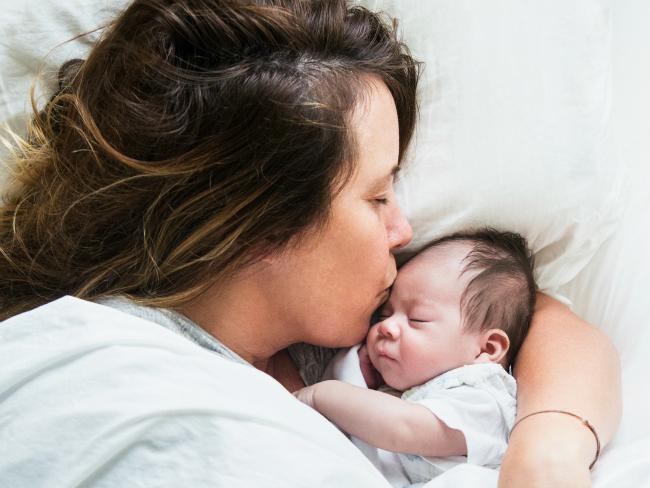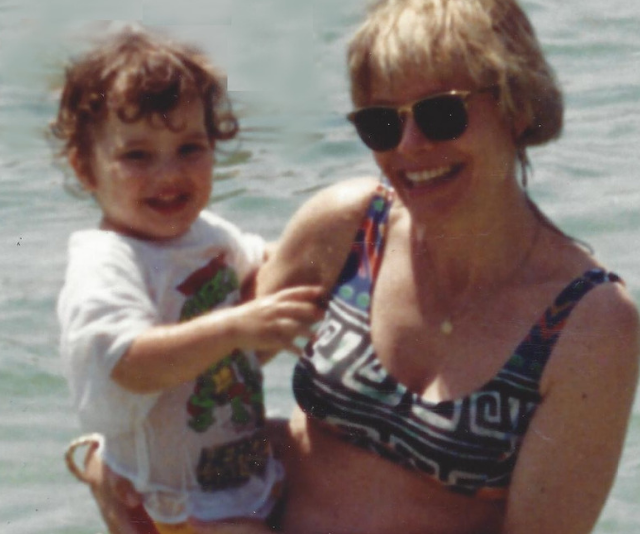Young police officers are called out to homes where they meet people at their most vulnerable. Simon Gillard was just 24, when he was called out on his first Sudden Infant Death Syndrome (SIDS) case.
As the former policeman reveals, “In an effort to protect officers with children, any incident related to children was usually given to officers who were childless.”
And so the youngest men and women on the force are often the first responders to the most tragic of cases.
“We arrived to find a young woman screaming and crying and holding a baby against her chest. Her husband was also extremely distressed.”
The father was sobbing and crying out, ‘Why?’
“I asked if I could see the baby but the mother did not want to let it go. I told her gently that I had to have the baby: she handed it to me and fell into her husband’s arms.
“I did not have children myself, but it was such a painful situation that I couldn’t help but be affected. The baby was a girl, about four months old and completely cold. Her face was tinged blue.
“I put the baby back in her cot and told the parents we had to call Crime Scene – it was ‘procedure’. This, however is not an easy thing to explain to a traumatised couple.”
Crime Scene have to undress the baby and check for bruises and anything else that might be suspicious. Their work was meticulous; everything was measured and photographed. The room temperature was taken and windows examined, furniture dusted bottles, blankets, bedding, clothes all bagged as exhibits.
Simon reveals that this procedure took about three hours, before the baby was put in a little body bag and taken to the morgue for an autopsy.
The distressed and grieving parents also had to go to the police station where they had to make separate statements.
“We also did what is called ‘a canvas’- door-knocking for witnesses to see if they had heard anything unusual the night before.
“After that shift, I got into my car and the radio was playing Creed’s song, Arms Wide Open.
“To my surprise I became quite emotional and teary. I had not expected to be affected as I didn’t have any children, but I couldn’t get the image out of my head of that young father with his arms outstretched, asking ‘why’.
“I sobbed on the way home. To this day, I cannot listen to that song.”
WATCH: Four Weddings and a Funeral cast reunite for Red Nose Day sequel
The subsequent autopsy did not find anything suspicious so there was no inquest. The coroner brought down a finding of SIDS.
Simon has chosen to tell his story in his new book Life Sentence (Penguin Random House) to highlight the issue of post-traumatic stress disorder (PTSD) among our emergency services.

Simon has chosen to tell his story in his new book Life Sentence to highlight the issue of post-traumatic stress disorder (PTSD) among our emergency services.
(Image: Penguin Random House)
Simon Gillard opened up about PTSD in a new book.
(Image: Supplied)He suffered PTSD and eventually left the police force, after a string of difficult cases, including the cot death cases and investigating the paedophile ring at Sydney’s Knox Grammar School.
If you or someone you know has experience a miscarriage, stillbirth or newborn death and would like to talk to someone about it, contact Sands Australia on (03) 9895 8700 or visit their website: sands.org.au.

